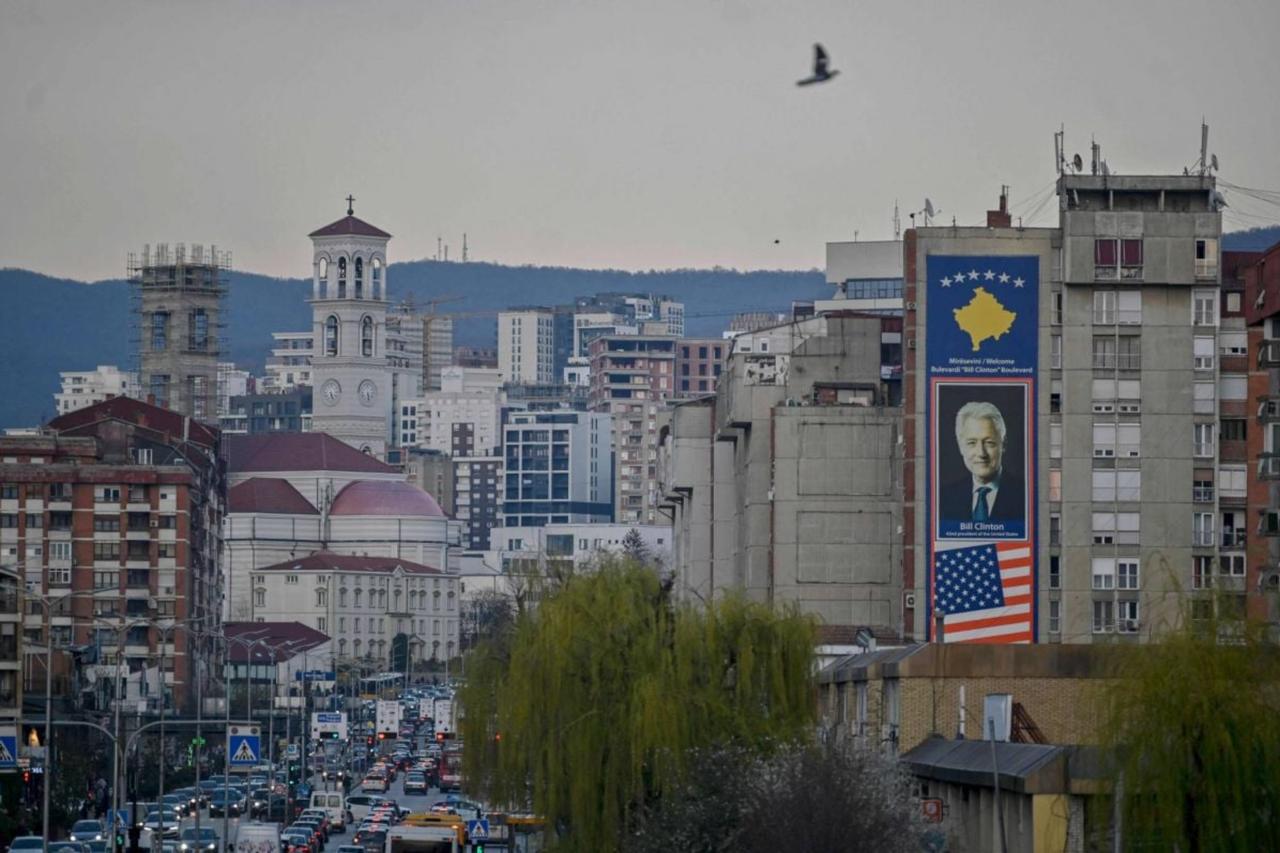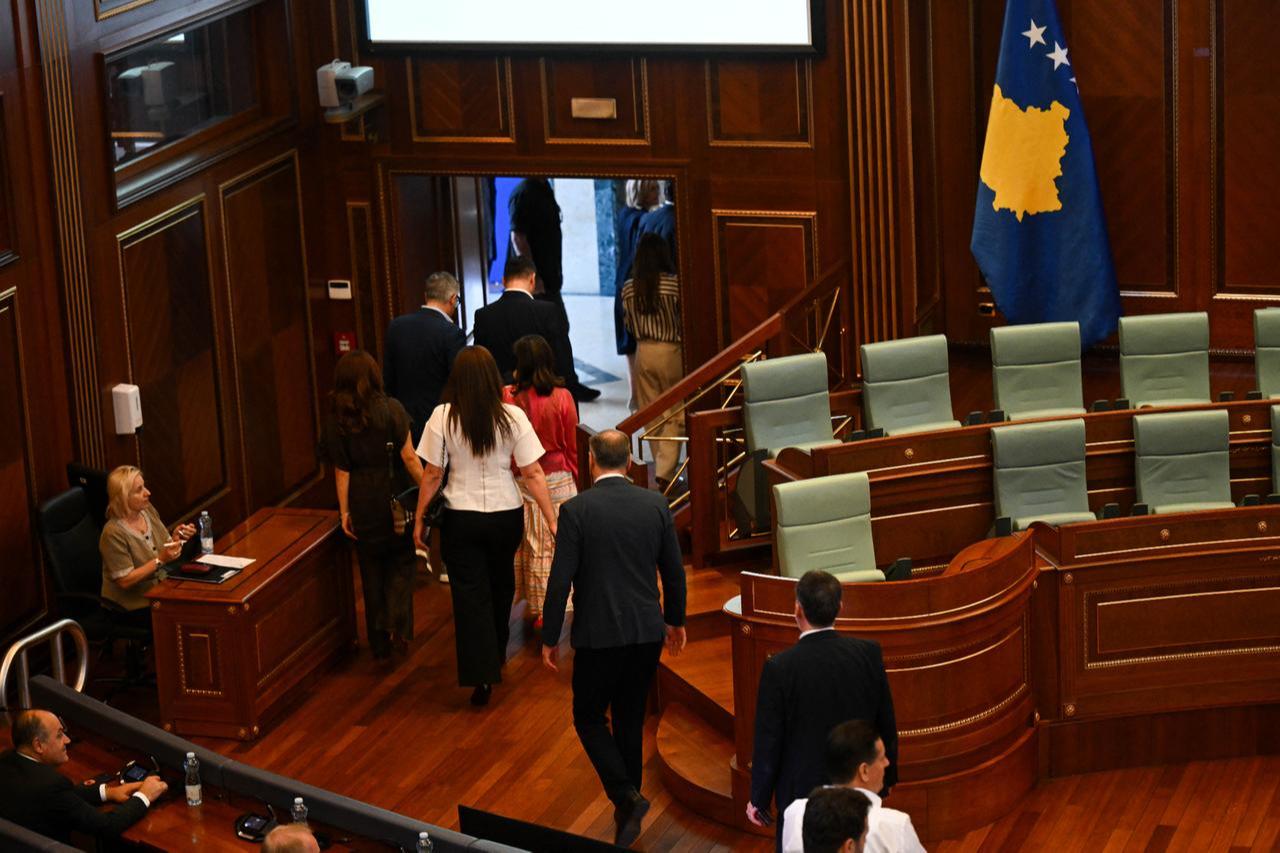
The United States said Friday it has indefinitely suspended its planned strategic dialogue with Kosovo, citing actions by the caretaker government that it said have heightened tensions and instability.
In a statement, the U.S. Embassy in Pristina said Washington “remains committed to advancing shared interests with the people of Kosovo” but cannot proceed with the dialogue at present.
“Recent actions and statements by caretaker Prime Minister Albin Kurti have posed challenges to progress made over many years,” the embassy said.
It added that Kurti’s moves had undermined the environment necessary for a constructive partnership.
The embassy did not specify which actions had triggered the suspension but stressed it hoped the dialogue could resume “in the future when appropriate.”
The dialogue was designed to expand bilateral economic cooperation, deepen diplomatic engagement, and align long-term policy priorities.
U.S. officials said it also symbolized Washington’s support for Kosovo’s Euro-Atlantic aspirations and eventual integration into international frameworks.
Hours before the announcement, U.S. Charge d’Affaires Anu Pratipatti said Kurti’s recent actions had “increased instability and uncertainty in Kosovo.”
Kurti, whose Vetevendosje party leads the caretaker government, recently lashed out at Kosovo’s Constitutional Court, accusing it of acting as “a shadow of the opposition” after a ruling on a parliamentary deadlock.
The country has been unable to inaugurate a new parliament following February’s elections, leaving Kosovo in political limbo.
Responding to Washington’s move, Kosovo’s government said it remains committed to regional peace and stability. “We also welcome criticisms. Whenever they are concrete, we make every possible effort to improve and correct our actions,” it said.

The U.S. has been Kosovo’s biggest political and financial backer since it declared independence from Serbia in 2008.
The suspension of dialogue marks a low point in relations between Washington and Pristina.
The European Union, which Kosovo hopes to join, imposed sanctions in 2023 over ethnic tensions in the Serb-majority north.
Brussels has pressed Pristina to create an association of Serb municipalities to allow greater self-governance, but Kurti has rejected the plan, warning it could lead to secession.
Kurti’s Vetevendosje party won the Feb. 9 election but failed to secure a governing majority, leaving it unable to form a coalition.
Kosovo declared independence in 2008, a move recognized by over 100 countries, including Türkiye and most Western states, but not by Serbia.
Belgrade continues to support Kosovo’s Serb minority financially and politically. Most Serbs in Kosovo live in the north, where tensions with Pristina frequently erupt into violence.